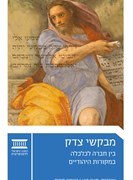

Publications Regarding Jewish thought
Articles

Emergency support for Israel must also go toward strengthening its democratic institutions
Written By: Mr. Amir Elstein
Physical reconstruction and addressing emergency needs are helpful, but to really make a difference post-Oct. 7 donors should focus on improving Israeli governance and civil society
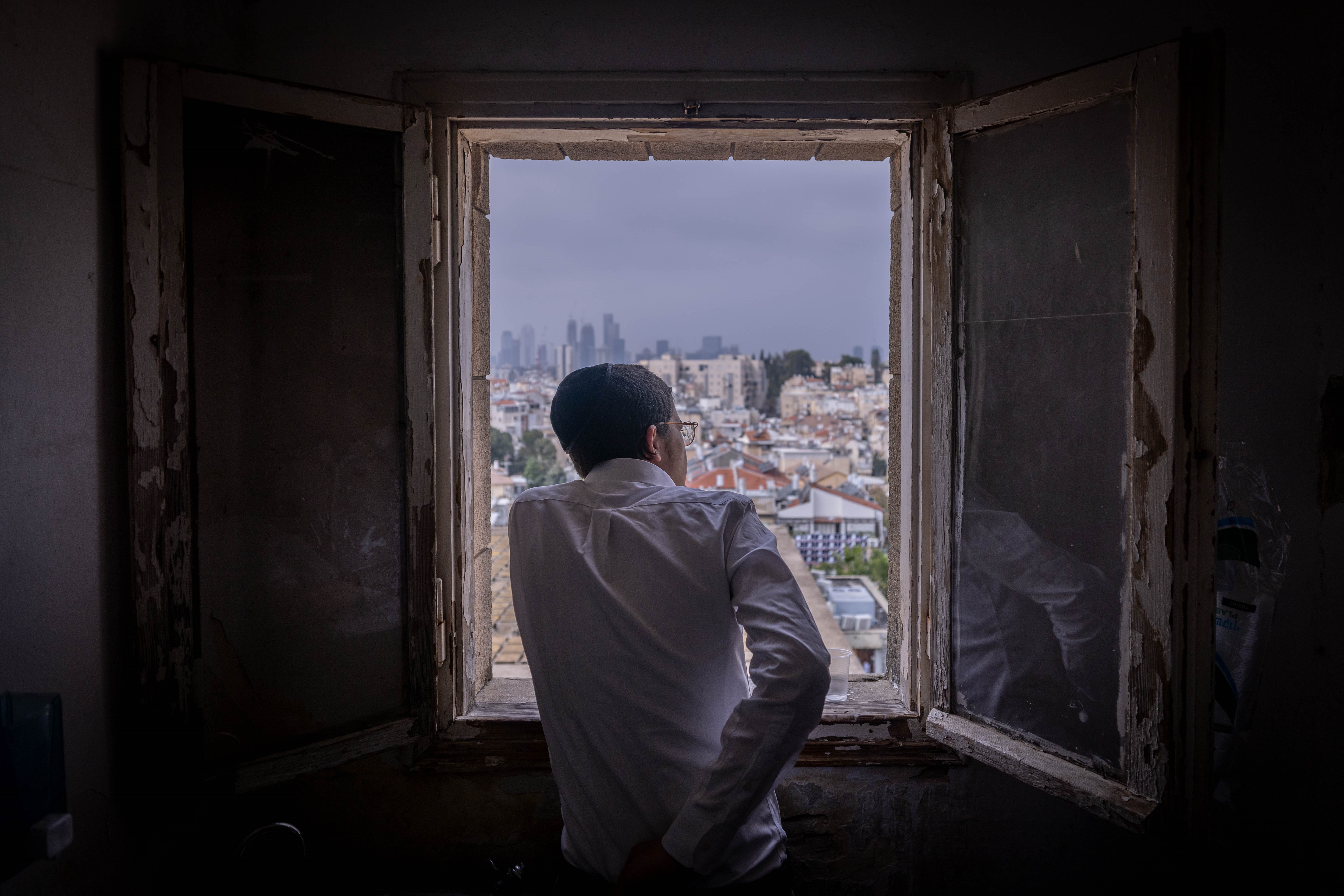
I, Too, Have Come to my Senses: It is Time to Rethink the Haredi Role in Israeli Society
Written By: Dr. Rivka Neriya Ben-Shahar
Dr. Rivka Neriya-Ben Shahar proposes a model that resembles the secular educational system of colleges and universities to identify the most gifted torah scholars, who would receive a generous stipend. Others must rethink their role as part of Israeli society.
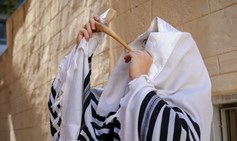
60% of Jewish Israelis Plan to Fast on Yom Kippur
With Yom Kippur (the Day of Attornment) upon us, our Guttman Center for Public Opinion and Policy Research checked how Israelis plan on marking the most solemn day in the Jewish calendar.
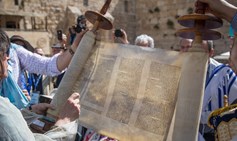
Israel-Diaspora Rift Isn’t As Bad As You Think
Written By: Dr. Shuki Friedman
The rift between the Israeli Jewish community (as opposed to the Israeli government) and the U.S. Jewish community is not as deep as it is portrayed in the media.
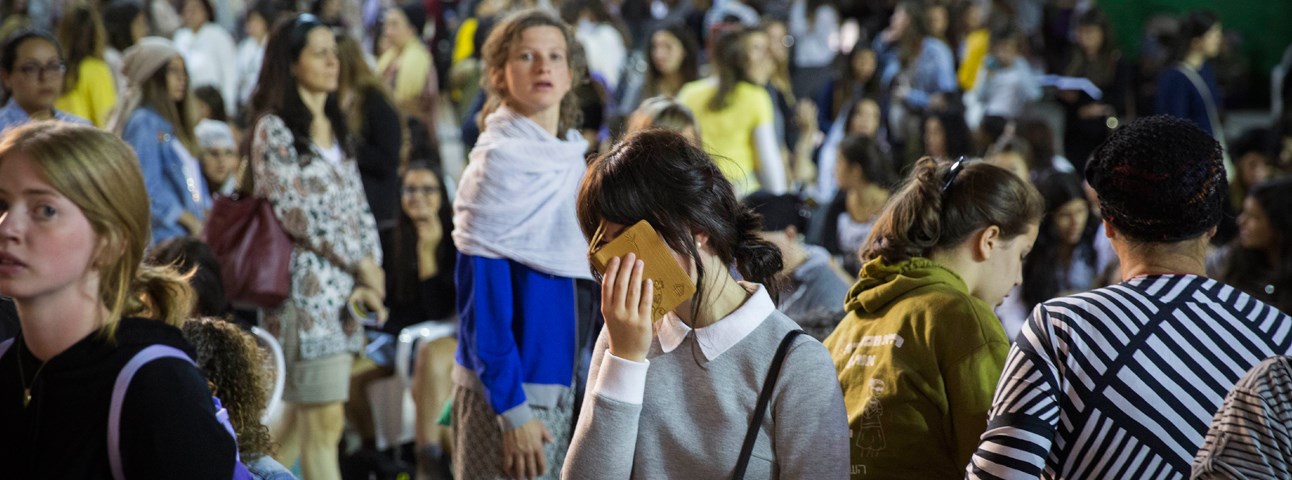
Are We Guilty? Are We Traitors?
Written By: Prof. Yedidia Z. Stern
Shared responsibility, engraved in Jewish tradition, is one of the secrets of the State of Israel's success and the use of the plural form in confession reflects this perception.

On This Day the World Stands on Trial
Written By: Yair Sheleg
Do we really believe that our fate for the coming year is determined on this day?
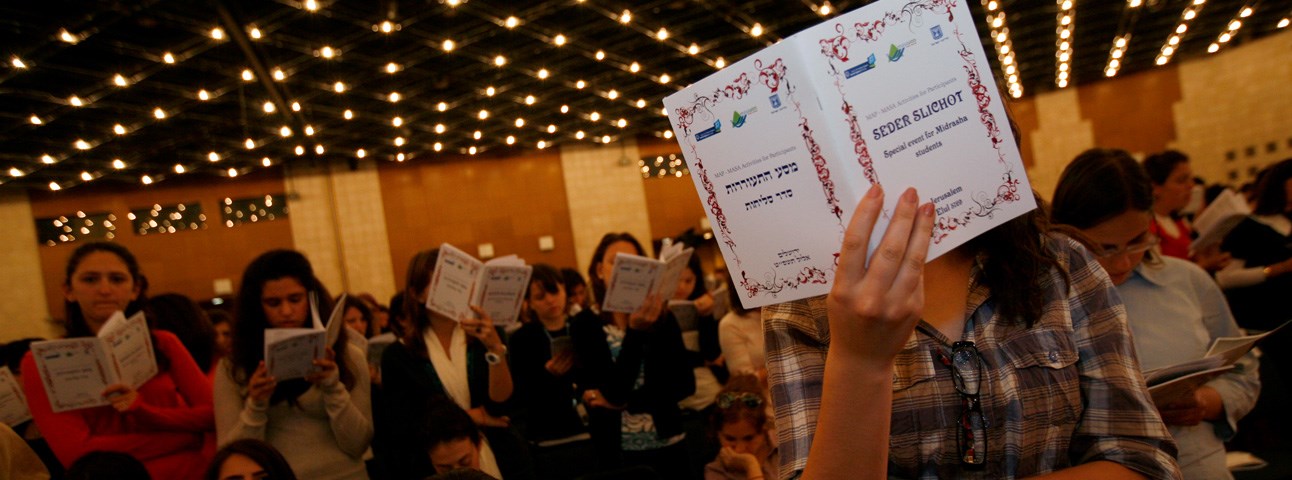
Israeli Collective Repentance
Written By: Prof. Yedidia Z. Stern
A collective Israeli repentance will enable us all to pray together for our common good, even if the content of our prayers is a matter of fierce disagreement.
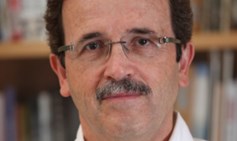
Passover To Independence Day: From Miracles To Responsibility
Written By: Prof. Yedidia Z. Stern
The transition between Passover and Israel’s Independence Day is a symbolic transition from a holiday that centers on Godly miracles to a holiday that centers on human actions.
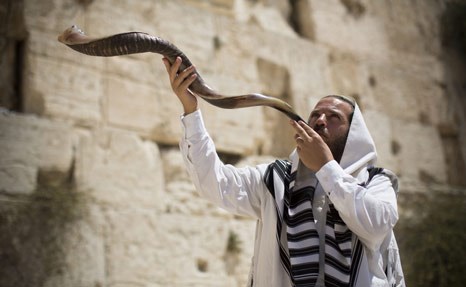
Praying with 'Sinners'
Written By: Prof. Yedidia Z. Stern
In a poetic piece written for Yom Kippur, IDI Vice President Prof. Yedidia Stern asserts that prayer should echo the existential human experience, reflect the ongoing dialogue with alternative cultures, and allow the individuals praying to bring their whole selves into their prayer.

The IDF’s Fighting Ethos in the Wake of Operation Protective Edge
Written By: Yohanan Plesner
IDI President Yohanan Plesner stresses the need to ensure that the Israel Defense Forces remains at the heart of the Zionist consensus so as to enable it to continue to be the army of all citizens of Israel.

Shmita: Rest, Share, Release
Written By: Prof. Yedidia Z. Stern
An exploration of the existential, social, and economic dimensions of the Shmita year, that calls for bringing together social, moral, cultural, religious and national forces to implement the idea of Shmita in non-agricultural and national contexts in Israel.

On Intermarriage, Judaism, and Democracy in Israel
Written By: Benjamin (Benny) Lau
Rabbi Dr. Benjamin Lau shares thoughts on the tension between Judaism and democracy, in response to the public protests against the marriage of a Jewish woman who converted to Islam and an Israeli Arab.
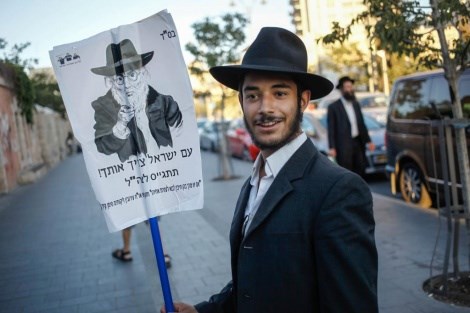
Ultra-Orthodox Integration: It Takes Two to Tango
Written By: Haim Zicherman
In an op-ed in Ynet News, IDI researcher Dr. Haim Zicherman discusses the steps that Israeli society must take in order to enable ultra-Orthodox men to integrate into the Israeli army and workforce.

Shavuot in Israel: A Celebration of Torah or First Fruits?
Written By: Hizky Shoham
Dr. Hizky Shoham explores the multiple identities of the holiday of Shavuot, which began as an agricultural festival, was transformed into the "holiday of the giving of the Torah," and is most often commemorated as a celebration of Torah in today's Israel—by secular and observant Jews alike.
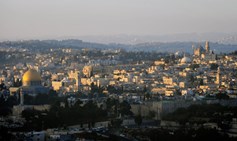
A Royal Sanctuary: Three Scenes for Jerusalem Day
Rabbi Dr. Benjamin (Benny) Lau presents three snapshots from different times and places, reflecting on a city that combines ancient and modern, sacred and secular, eternal truths and ordinary life.

My Jerusalem: Thoughts for Jerusalem Day
Written By: Prof. Mordechai Kremnitzer
IDI Vice President Prof. Mordechai Kremnitzer shares thoughts on Jerusalem, which symbolizes what is most beautiful and exalted in Jewish culture: the commitment to law and morality, to justice and mercy.

A Jewish State Warrants Our Sacrifice
Written By: Prof. Yedidia Z. Stern
IDI Vice President Prof. Yedidia Stern reflects on the privilege of sacrifice and the necessity to maintain a Jewish Israel in order to justify that sacrifice, in an article written for Remembrance Day for the Fallen of Israel's Wars and Victims of Terrorism.

International Disabilities Day 2013: Human Rights and Judaism in Action
Written By: Benjamin (Benny) Lau
In honor of International Day for Persons with Disabilities, Rabbi Dr. Benjamin (Benny) Lau updates us on IDI's efforts on behalf of people with disabilities and reveals that people with guide dogs are now allowed to access the Western Wall.
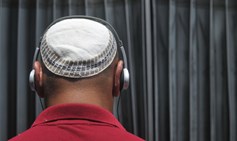
No to the Separation of Religion and State in Israel
Written By: Yair Sheleg
Should the American model of separation of church and state be applied to Israel? In an article in <em>The Jewish Week</em>, IDI's Yair Sheleg argues that Israel needs a unique model.
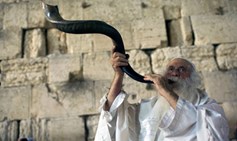
Standing before God: Reflections on Yom Kippur
Written By: Yair Sheleg
Why is Yom Kippur the most significant day on the Jewish calendar? What explains its appeal even to people who define themselves as "secular"? IDI research fellow Yair Sheleg shares his thoughts on this matter.

The High Holidays: A Personal and National Time
Written By: Prof. Yedidia Z. Stern
Prof. Yedidia Z. Stern shares thoughts on the Hebrew calendar, which contributes to Jewish unity and preserves the Jewish people as a single national and cultural unit.
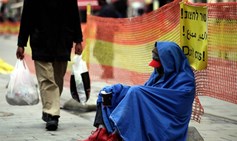
Robinson Crusoe, Just Distribution, and the Image of God
Written By: Prof. Shahar Lifshitz
On January 5-6, 2011, IDI convened a Conference on People with Disabilities in the Jewish and Democratic State, as part of the activities of IDI's Judaism and Human Rights project. IDI Senior Fellow Prof. Shahar Lifshitz, the project's co-director, shares his thoughts on social justice and the just distribution of resources.
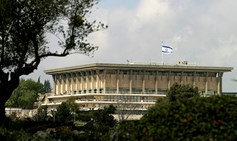
Israeli McCarthyism?
Written By: Prof. Mordechai Kremnitzer, Shiri Krebs
In this op-ed article, IDI Vice President of Research Prof. Mordechai Kremnitzer and IDI researcher Adv. Shiri Krebs question the wisdom of forming a parliamentary commission of inquiry into the funding of Israeli human rights organizations. They warn against a slippery slope to McCarthyism and point out that the establishment of the commission, far from strengthening Israel’s legitimacy, will accelerate efforts to delegitimize Israel and prosecute Israeli officials overseas.

Two Jewish Nations and the Abyss Between Them
Written By: Dr. Shuki Friedman
For many American Jews, identification with the State of Israel is a significant component of their Jewish identity.

Religion and State in Israel: Charting a New Course for 5778
Written By: Dr. Shuki Friedman,
Is our country and society doomed to continually follow the same path of repeated crisis, or has the time finally come for us to plot a new course?

This Yom Kippur, Let's Turn Down the Volume
Written By: Dr. Shuki Friedman
A country that comes to a standstill for one whole day and doesn’t derive anything significant from it is missing the point.
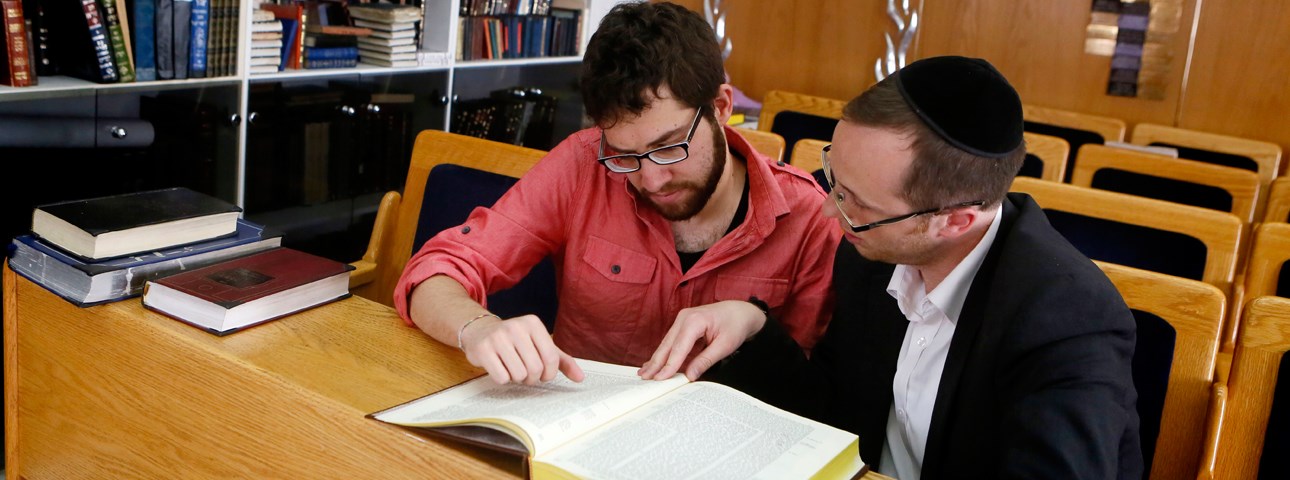
Voyage to Identity
Written By: Prof. Yedidia Z. Stern
Prof. Yedidia Stern argues that our Jewish identity and culture depend on how we understand and internalize the past.
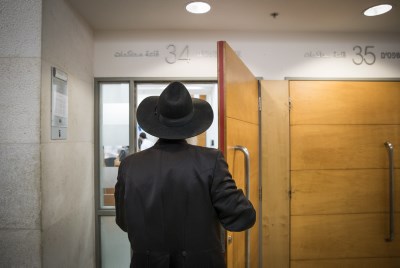
Israel Democracy Institute Scholars on the Proposal to Enable Religious Courts to Arbitrate on Civil Matters: ‘A Good and Balanced Proposal’
Ahead of today’s vote on a bill that would enable religious courts to conduct arbitration with the agreement of both parties, similar to the arbitration that takes place in other frameworks, a policy statement was sent to the Ministerial Committee on Legislation by Israel Democracy Institute’s Dr. Benny Porat.


